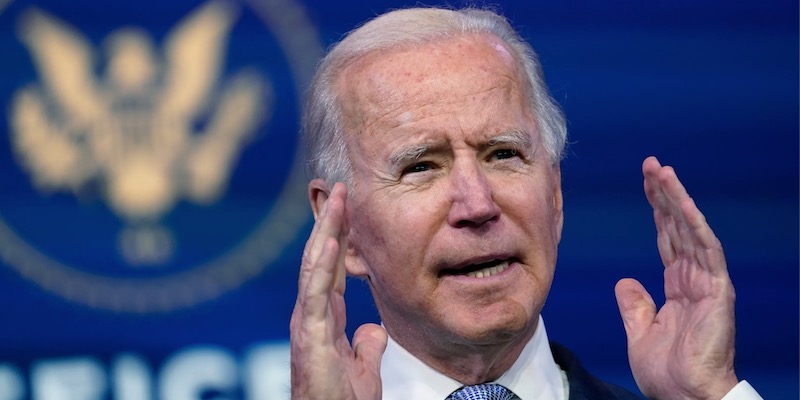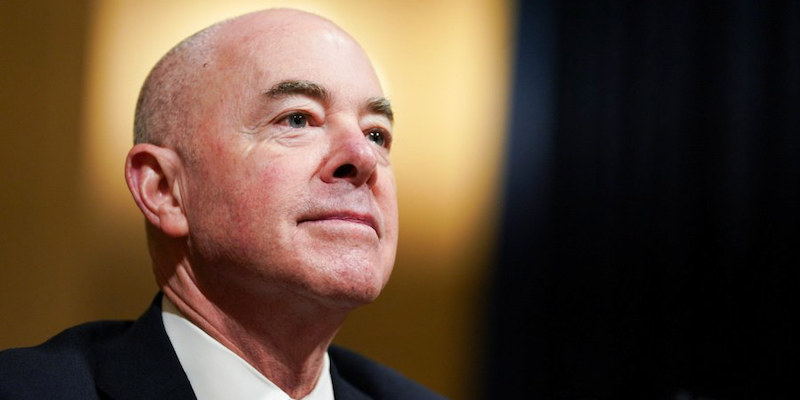Climate scientist Patrick T. Brown recently noted that he left out some of his findings just so he could get his paper past the climate change zealots in charge of publishing his paper.
Brown wrote that he knew that if he strayed too far from the climate change religion, his work would not get published. So, he did what the authoritarian high priests of climate change demanded he do.
In a recent article by The Free Press, Brown admitted:
The paper I just published—“Climate warming increases extreme daily wildfire growth risk in California”—focuses exclusively on how climate change has affected extreme wildfire behavior. I knew not to try to quantify key aspects other than climate change in my research because it would dilute the story that prestigious journals like Nature and its rival, Science, want to tell.
This matters because it is critically important for scientists to be published in high-profile journals; in many ways, they are the gatekeepers for career success in academia. And the editors of these journals have made it abundantly clear, both by what they publish and what they reject, that they want climate papers that support certain preapproved narratives—even when those narratives come at the expense of broader knowledge for society.
To put it bluntly, climate science has become less about understanding the complexities of the world and more about serving as a kind of Cassandra, urgently warning the public about the dangers of climate change. However understandable this instinct may be, it distorts a great deal of climate science research, misinforms the public, and most importantly, makes practical solutions more difficult to achieve.
This isn’t science. It is religious orthodoxy.
The researcher still claims his paper is legitimate, despite the trickery and religious zealotry.
But he added that every scientist and researcher has to do this or risk being sidelined.
The first thing the astute climate researcher knows is that his or her work should support the mainstream narrative—namely, that the effects of climate change are both pervasive and catastrophic and that the primary way to deal with them is not by employing practical adaptation measures like stronger, more resilient infrastructure, better zoning and building codes, more air conditioning—or in the case of wildfires, better forest management or undergrounding power lines—but through policies like the Inflation Reduction Act, aimed at reducing greenhouse gas emissions.
Brown also made a perfect point on how the religious climate change psychos ignore actual facts so that they can continue to push policies that take away our economic and other freedoms.
[I]t is standard practice to assess impacts on society using the amount of climate change since the industrial revolution, but to ignore technological and societal changes over that time. This makes little sense from a practical standpoint since societal changes in population distribution, infrastructure, behavior, disaster preparedness, etc., have had far more influence on our sensitivity to weather extremes than climate change has since the 1800s. This can be seen, for example, in the precipitous decline in deaths from weather and climate disasters over the last century. Similarly, it is standard practice to calculate impacts for scary hypothetical future warming scenarios that strain credibility while ignoring potential changes in technology and resilience that would lessen the impact. Those scenarios always make for good headlines.
Brown’s essay is an amazing piece of work that is a must read.
But it is proof positive that our “scientific” community is corrupted by communist politics and has given up any trust in real science.
Follow Warner Todd Huston on Facebook at: facebook.com/Warner.Todd.Huston, or Truth Social @WarnerToddHuston




